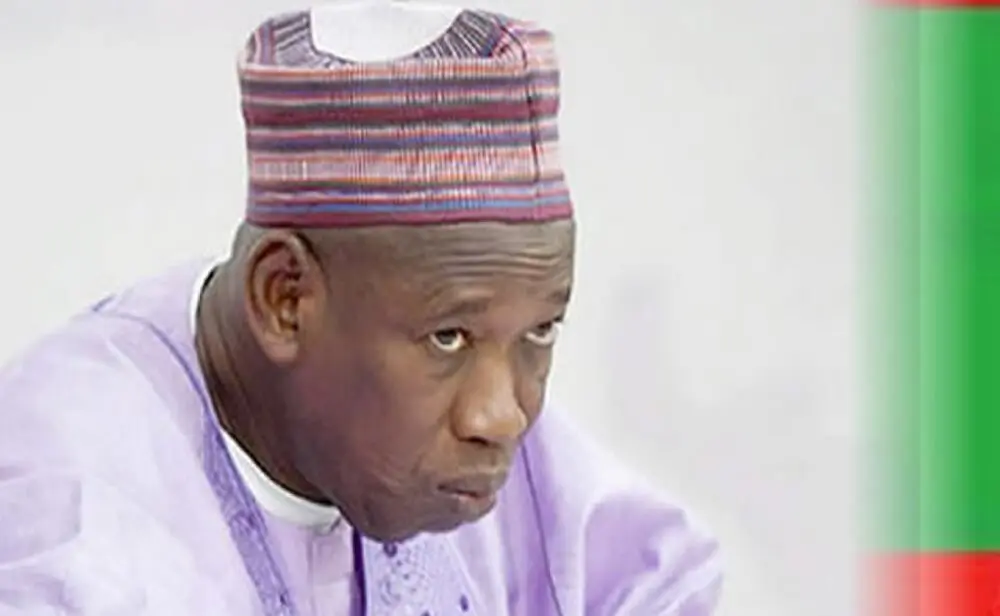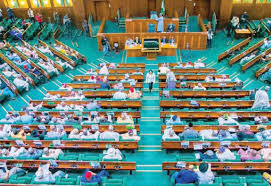The Nigerian Presidency has reiterated that President Bola Tinubu’s primary focus remains on delivering tangible improvements to the lives of Nigerians, rather than speculating about the 2027 general elections. This clarification comes amid heightened political maneuvering and ongoing economic challenges in the country.
In a statement released on X (formerly Twitter) on Friday, Sunday Dare, President Tinubu’s Special Adviser on Media and Public Communications, emphasized that the administration’s success will ultimately be measured by its ability to foster economic development and shared prosperity. “President Tinubu is not worried about the next election. He’s worried about the shared prosperity that he can bring to Nigerians,” Dare stated. He further highlighted the President’s commitment to the reforms already implemented, which are aimed at stabilizing the economy and yielding long-term benefits.
Dare’s remarks arrive at a time of increasing political friction, as opposition forces rally to challenge Tinubu’s leadership in the upcoming 2027 polls.
A notable development in this regard is the defection of the former Kaduna State Governor Nasir El-Rufai from the ruling All Progressives Congress (APC) to the Social Democratic Party (SDP).
El-Rufai’s move is seen as a strategic effort to bolster a potential coalition against Tinubu, reflecting broader dissatisfaction with the current administration’s policies amid widespread economic hardship.
The adviser’s statement paints a picture of an administration steadfast in its economic agenda, despite external pressures. Dare pointed to several positive indicators as evidence of progress under Tinubu’s leadership. “We’ve seen our foreign reserves go up, we’ve seen inflation come down. We’ve seen our trade surplus go up,” he noted. Additionally, he highlighted improvements in trade dynamics, with exports increasing and imports decreasing, alongside a significant influx of investments exceeding $50 billion. “We are seeing prices dropping,” Dare added, underscoring what he described as clear data demonstrating the President’s steady hand at the helm.
These claims come as Nigerians continue to grapple with the fallout from recent economic reforms, including the removal of fuel subsidies and currency floatation, which have led to soaring inflation and cost-of-living crises.
While the Presidency attributes these measures to long-term gains, critics argue that the immediate burdens on citizens have fueled public discontent and strengthened opposition alliances.
President Tinubu, who assumed office in May 2023, has positioned his administration as one driven by bold reforms to address decades of economic mismanagement. In his statement, Dare reaffirmed that Tinubu remains “clearly in the driver’s seat” and is committed to staying the course, regardless of political distractions. “He is concerned about what happens to the economy of this country eventually. That’s the focus,” Dare emphasized.
The clarification from the Presidency appears to be a preemptive response to growing narratives around electoral politics, as stakeholders across the political spectrum prepare for what could be a fiercely contested 2027 election cycle.
Political analysts suggest that El-Rufai’s defection, coupled with other potential alliances, could fragment the political landscape, making Tinubu’s focus on governance a key battleground in public perception.
As the nation navigates these turbulent times, the administration’s narrative of economic recovery will likely face scrutiny from both domestic and international observers.
With elections still years away, the true test for Tinubu will be whether these reforms translate into widespread prosperity, as promised, or exacerbate the hardships that have already sparked widespread protests and calls for change.





[…] Presidency Insists Tinubu Prioritizes Economic Reforms Over 2027 Elections Amid Rising Political Ten… […]